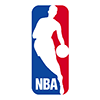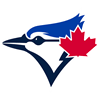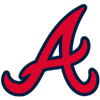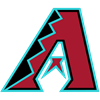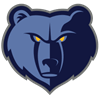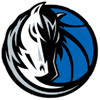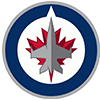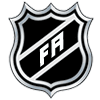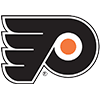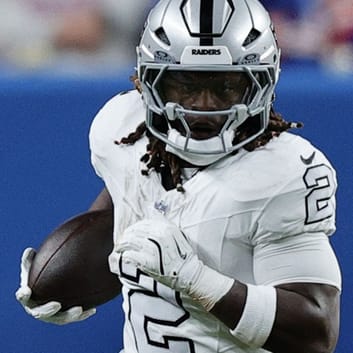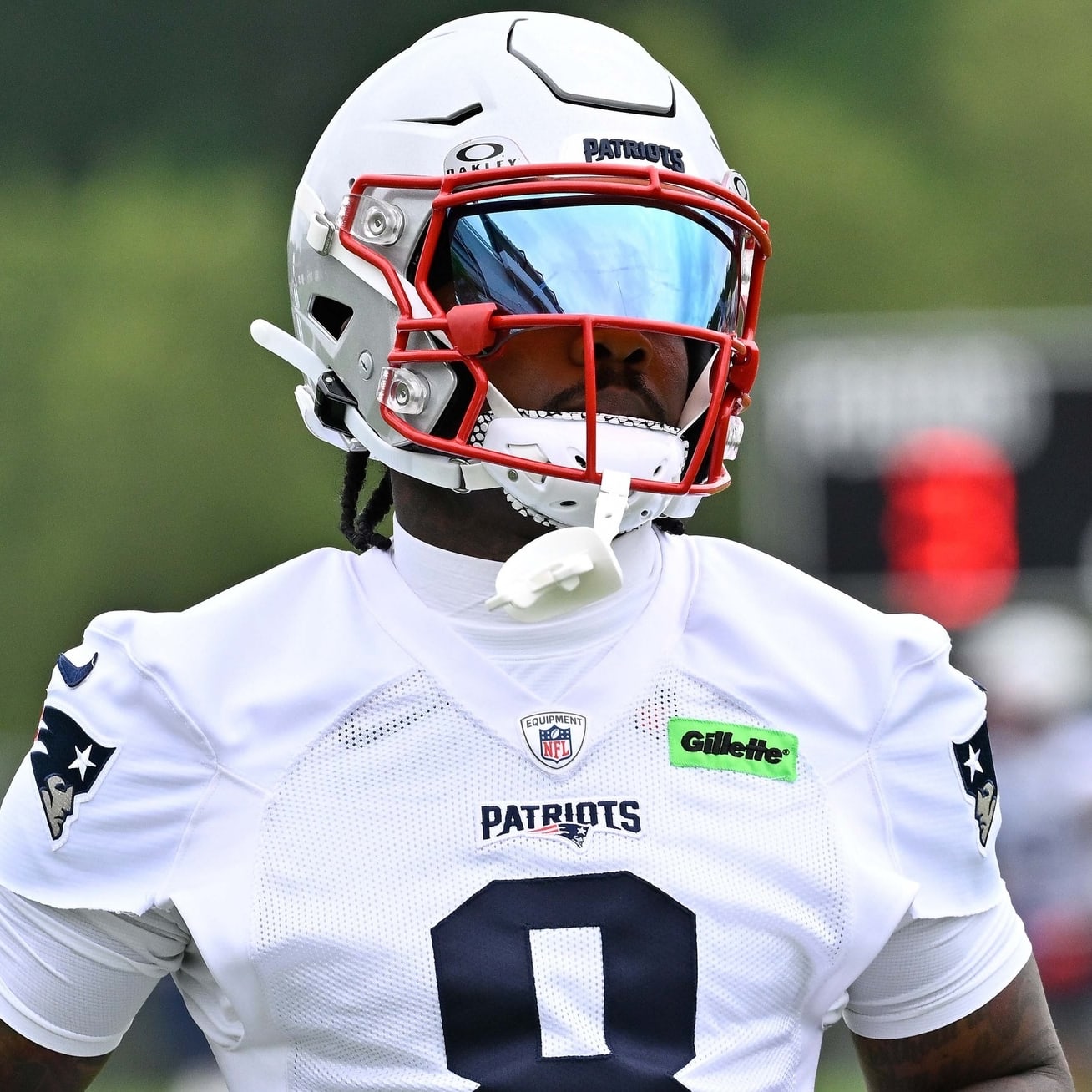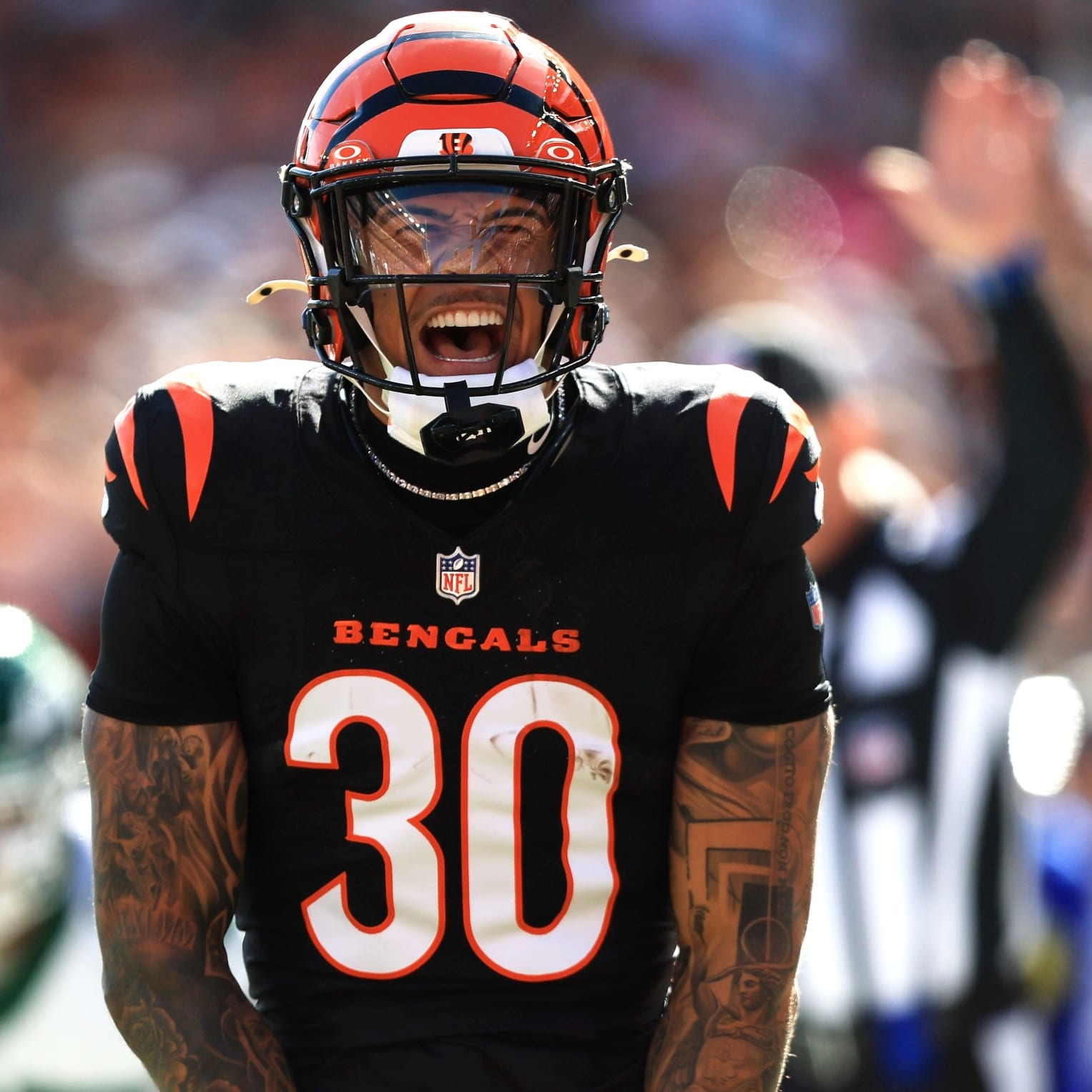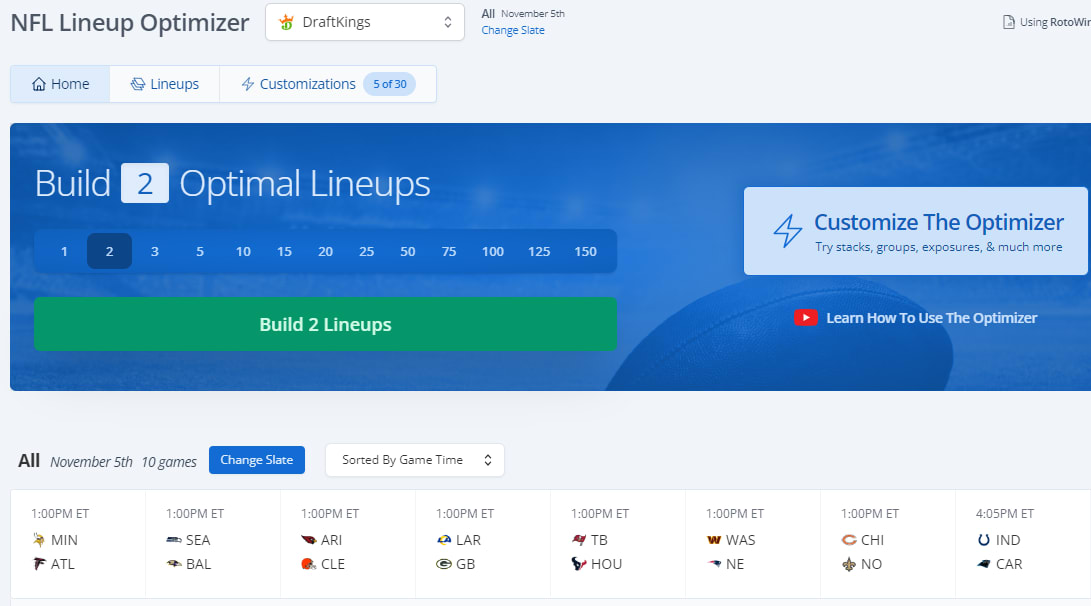Some fantasy football team stacks or pairings are valuable for obvious reasons – the coveted but elusive Patrick Mahomes-Travis Kelce-Tyreek Hill bundle doesn't need its value explained to anyone, for instance – but there are sometimes profit opportunities in the less obvious team stacks. This series will look at some offenses and break down the manner and extent to which they merit stack or pairing investments in Underdog Best Ball drafts.
To quickly clarify: stacking isn't in itself a guaranteed benefit for a team – the acquisition costs of the players involved have to be favorable in order for the structural advantage of a stack to pay off – so when drafting a team it's best to evaluate the player pool by overall value before considering team pairing angles in your draft strategy, especially in the early rounds.
The teams profiled are listed in no order. This article will look at Buffalo, Miami and Seattle on Underdog. I'll rate these teams and teams in upcoming articles by an extremely unscientific grading system that features the following designations: Highly Favorable, Favorable, Doable and Unfavorable.
Buffalo
Stefon Diggs (10.7 Underdog ADP)
Josh Allen (51.3 Underdog ADP)
Gabriel Davis (123.8 Underdog ADP)
Cole Beasley (130.9 Underdog ADP)
Emmanuel Sanders (138.0 Underdog ADP)
The Josh Allen-Stefon Diggs tandem is of course one of the most productive pairings in the league. If one goes the other goes, and after the 2020 season there's ample reason to believe they will both go far. Unfortunately, it's difficult to acquire them both without reaching a bit. Taking Diggs at the 10th or 11th pick means you'd have to take Allen in the early fourth round – about a round earlier than his ADP – or bet on the unlikely chance Allen falls to your next pick in the late fifth round. If you want a Diggs and Allen pairing the best way might be to reach a bit for Diggs at a sixth or seventh overall draft slot, a 'reach' of three or four picks but one that make the Allen pick in the fourth less of a reach. Picking in the middle of the round should leave you less vulnerable to cruel positional runs in between selections, too. There's some risk to this strategy but if Allen and Diggs perform like they did last year then it should pay off.
Even if you can't pair Allen with Diggs, Allen is of course a valuable fantasy asset on his own, and there remain viable pairing options after Diggs. In a more normal world we would easily identify Cole Beasley as the obvious second option. For those indifferent to risk he remains the obvious second option – Beasley's ADP is lower than that of Gabriel Davis because there are cut anxieties around Beasley at the moment. If Beasley is confirmed playing in 2021 his ADP will jump back over Davis, perhaps in the first 10 rounds.
It's Davis who is the clear fade here, in my opinion. While he's a strong prospect and a valuable asset to the Bills, Davis' current price supposes growth from his rookie season despite playing in a role that would sooner invite regression. Davis' ADOT of 15.0 yards (90th percentile) basically means he's the third or fourth read on most plays, which makes it tough for him to increase his target volume of 62 on 797 snaps. That ADOT also invites cold stretches due to the hit-or-miss nature of downfield targets. That 35 catches on 62 targets could easily turn into 30 on 62 with a little more wind, a wrong step, a slight flutter in the ball on a few plays.
If Davis is the clear fade, then Emmanuel Sanders might be the clearest value. Not only is he the likely slot replacement if Beasley is unavailable, but Sanders stands a good chance of running ahead of Davis generally. It's true that Sanders can't run as far downfield as Davis or John Brown (12.6 ADOT), but Sanders was automatic on short and intermediate routes in 2020, offsetting concern over the fact that he's 34 years old. Sanders generated 62nd percentile per-snap air yardage while running at a 32nd percentile ADOT, indicating that he was getting open reliably, and his 74.4 percent catch rate at 8.9 yards per target shows that he was sealing the deal after getting open.
Verdict: Doable
Ideal stack: Diggs at 7th or 8th slot plus Allen in the fifth round plus one of Beasley or Sanders
Miami
Will Fuller (82.9 Underdog ADP)
Jaylen Waddle (95.9 Underdog ADP)
DeVante Parker (101.2 Underdog ADP)
Mike Gesicki (123.0 Underdog ADP)
Tua Tagovailoa (145.9 Underdog ADP)
There are understandable anxieties around the Miami passing game following the up-and-down (at best) rookie season for Tua Tagovailoa, but if Tagovailoa is something other than bad then this passing game could be a profit opportunity in best ball drafts.
Will Fuller and Mike Gesicki are the toughest ones to figure out here. Fuller has convincing abilities but an equally long history of injuries, and a one-game suspension lessens his cushion a bit. Gesicki was reliably productive on a per-target basis last year, but his snap count might have taken a hit with the signing of Fuller and sixth overall selection of Jaylen Waddle, both of whom project for plenty of slot snaps. Durham Smythe steals most of the inline tight end snaps, so Gesicki might not capitalize on his otherwise convincing pass-catching ability if the Dolphins are giving some of his 2020 snaps to Fuller and Waddle.
DeVante Parker is probably the easiest call to sign off on in this group. His ADP is cheap, even after producing at a 1,000-yard pace in games he was neither injured nor ejected. He did that while playing through a hamstring injury in the first month of the year. The injury risk remains with Parker – it's been a problem for much of his NFL career – but if active there's a chance he remains Miami's lead receiver. Parker has never had speedsters like Fuller or Waddle running alongside him, and safeties will have to give Parker more room than he's ever seen previously.
It will be tough to guess which of Fuller, Waddle, Parker or Gesicki will stand out in any given game, but it's easy to get two or three of them along with Tagovailoa for what amount to backup prices. So long as Tagovailoa is something other than bad, at least one of them should go off each week. If you nail your earlier receiver and tight end picks then the rotating cast between two or three of the Dolphins pass catchers should do the trick. It's especially affordable to snag Waddle and Parker with the turn of the eighth and ninth rounds.
Verdict: Favorable
Ideal stack: Two of Fuller, Waddle, Parker or Gesicki – Tagovailoa optional
Seattle
DK Metcalf (21.4 Underdog ADP)
Tyler Lockett (41.9 Underdog ADP)
Russell Wilson (72.9 Underdog ADP)
Gerald Everett (140.9 Underdog ADP)
D'Wayne Eskridge (189.9 Underdog ADP)
It's surprisingly easy to complete this stack. For how well-known and respected DK Metcalf, Tyler Lockett and Russell Wilson are in the fantasy world you would think it would take more effort. A team with a mid-to-late second-round pick can acquire Metcalf there, Lockett in the mid-to-late fourth, and then Wilson with the seventh-round pick. It requires a reach for none of the three, and if the Seattle passing game smashes they'll all three profit. There's nothing wrong with taking only two of the three, either.
Metcalf and Lockett aren't the only Seahawks pass catchers with favorable ADP, though. D'Wayne Eskridge has been suspiciously cheap all summer as a second-round pick, even with his price increasing slightly in recent weeks. In the 16th round Eskridge offers standalone value in addition to stacking utility and insurance for Metcalf and Lockett. Getting one of those two makes Eskridge an auto-pick for me in the 16th. Gerald Everett is more costly than Eskridge by about four rounds, which makes him a tougher sell, but he's an athletic player who could see a decent number of snaps split out while Will Dissly lines up at inline tight end. My personal recommendation is to stay away from Everett unless he falls into the 13th or 14th round, with that said. Everett was never an effective pass catcher in his four years with the Rams.
Verdict: Highly Favorable
Ideal stack: Wilson + two of Metcalf, Lockett or Eskridge





